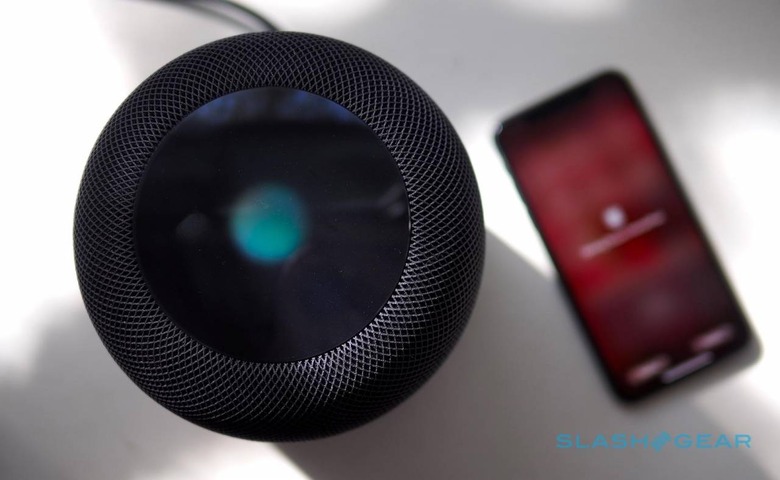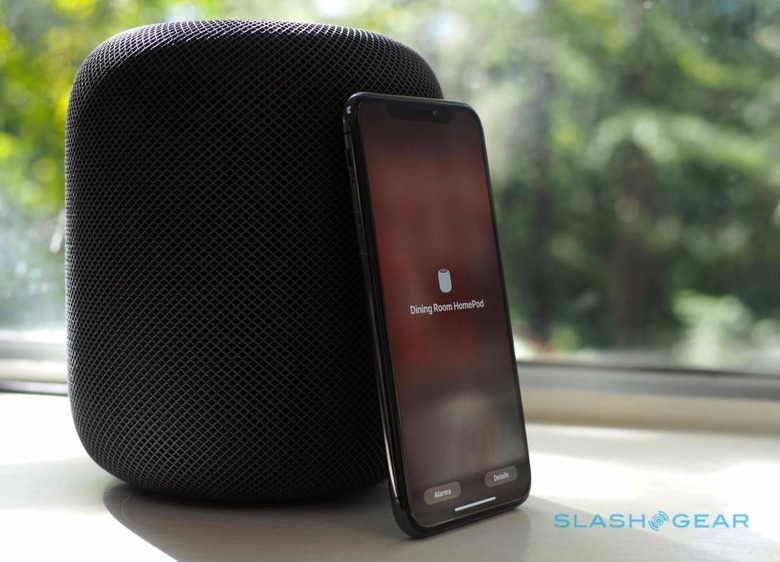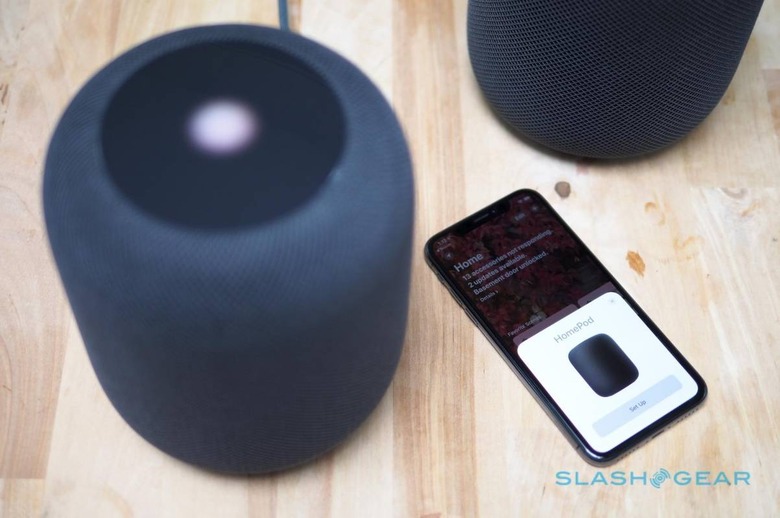A Smaller, Cheaper HomePod Is The Do-Over Apple Needs
For a company loathe to admit it may have made a mistake, you can imagine Apple is pretty eager to redeem the HomePod name. The Siri-powered smart speaker was meant to be Cupertino's retort to Amazon's Echo and Google's Home, not to mention a new foundation in the smart home. Problem is, things didn't turn out quite that way.
The HomePod is one of those generally-excellent, specifically-problematic products that comes along periodically. There's a lot about it to like, certainly. It's compact and – courtesy of the auto-tuning system – doesn't really require much consideration when it comes to setting it up and positioning it. The audio quality that Apple's engineers squeeze out of its remains impressive, even several years after it launched.

Side by side with an Amazon Echo or a Google Home, and Apple's speaker just feels in a different class of device. It's a nod back to old-school Hi-Fi, when AV equipment felt like it was made to survive for decades. Everything from the three-dimensional weave of the mesh, through to the fabric-wrapped cable screams quality.
As is so often the way with Apple, though, HomePod v1 ends up feeling over-engineered. It sounds better than something its size has any right to, yes, but I'm not sure the potential audience actually wants or needs quite that quality. Certainly, it's beautifully constructed, but that comes at a price. $349 to begin with, but even the $299 HomePod was reduced to is expensive compared to rivals.
Most damning, Apple didn't take a leaf out of rival Sonos' playbook and flesh it out with a full HomePod range. A Sonos Play:5 is aspirational: it sounds great, and maybe you can justify buying one for a single room. You're unlikely to outfit every room with one, however, and that's where the Sonos One comes in. Cheaper, yet still basking in the light from its more expensive sibling's halo, it means buying into the Sonos ecosystem is far more palatable.

HomePod's ecosystem is, well, HomePod. Yes, you can create a stereo pair with Apple's speaker, but then you're looking at just shy of $600 for a single room. Will it sound fantastic? Certainly. Is it overkill for most rooms? Arguably, yes. Meanwhile a pair of Sonos One speakers, paired up, can be had for less than a single HomePod. Sure they won't go as loud, or sound as good when really pushed, but the percentage of people who'll appreciate that difference is small.
Apple's response, when it should have launched a smaller speaker, was a shrug. It left even the company's most stalwart enthusiasts struggling to justify the HomePod, especially with services like Apple Music and AirPlay 2 available on different speaker platforms.
The question is whether "better late than never" can give HomePod the hit it missed out on. If the rumors are to believed, the new HomePod will be smaller and cheaper than the original smart speaker. Sound quality will probably take a hit as a result, but that's a relative thing. A notch or two of compromise compared to something that sounds very good indeed will probably still leave you with a speaker that's more than sufficient for most listeners.
Equally important, things like stereo pairs and multi-room will be far more attainable. They're technologies that, often, you don't realize how much you enjoy them until you have a chance to properly experience them. As soon as people start to get multiple HomePods in their home, they'll start to be won over to Apple's speaker as an ecosystem rather than a standalone accessory.

Were we talking about any company other than Apple, I'm not sure I'd be so confident that success is still achievable. Amazon and Google have the cheap smart speaker market buttoned up; Sonos, even with some owner frustration recently, has a fiercely loyal audience. We've seen Microsoft try – and fail – to crack the category.
Apple's privilege – and one it has for the most part earned – is its ability to hit reset and try again, without choking down the humble pie that other firms might be expected to swallow. There is a not-inconsiderable cohort of people out there who would be more than happy to take the plunge for a $150-200 HomePod v2.
That two hundred dollar barrier is, for many, the dividing line between impulse purchase and something mulled over more seriously. If the new HomePod can sound almost as good, and be constructed almost as nicely, and do so in a way that is much more attainable, then it won't feel like a compromise – for us, or for Apple.
